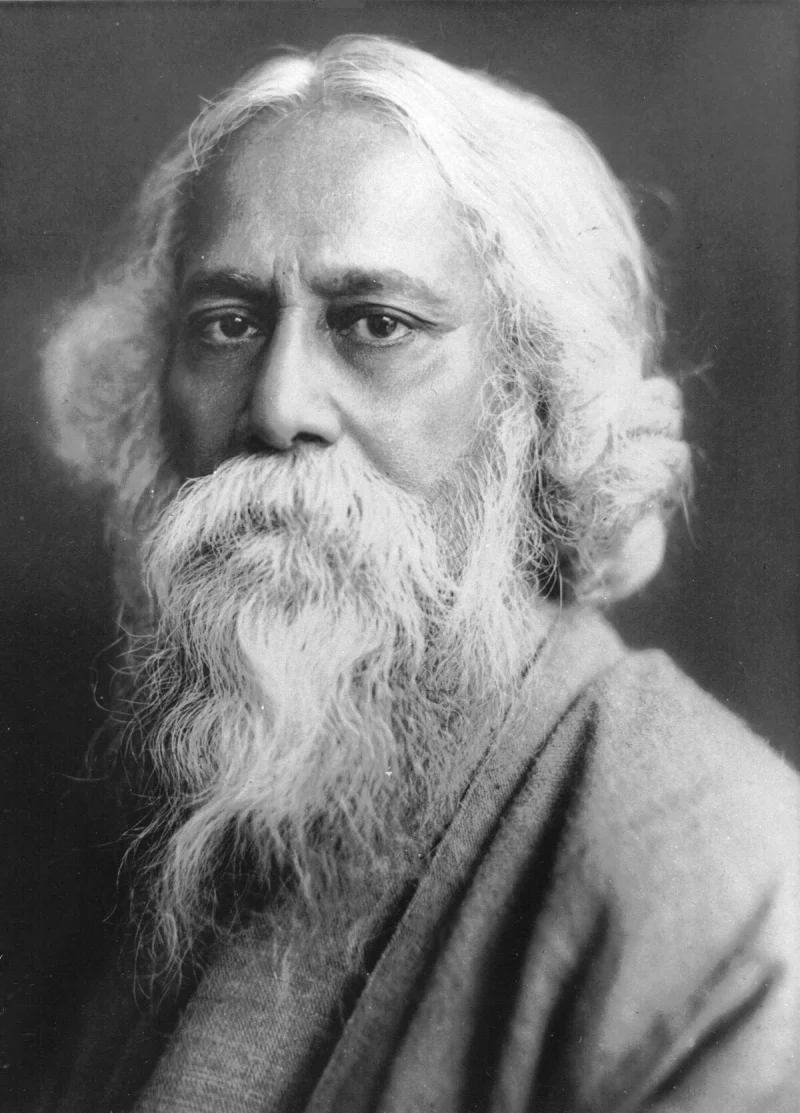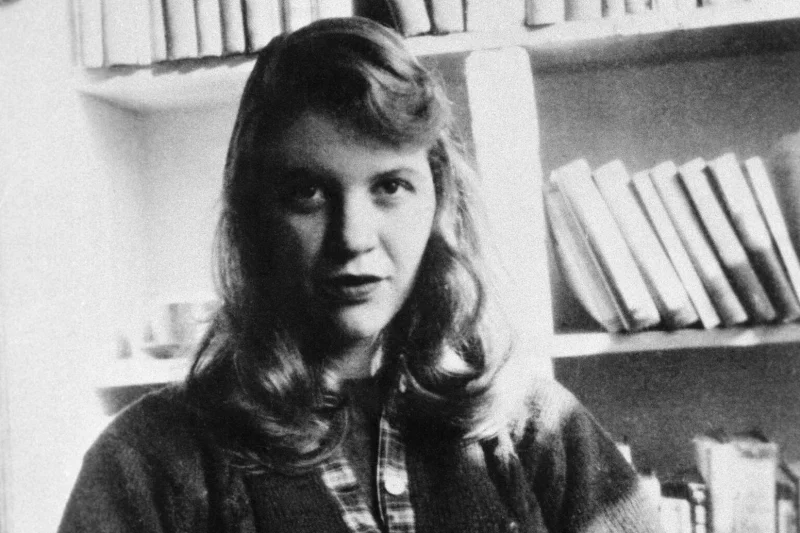Short Summary
Rabindranath Tagore was a luminary in Indian literature and a prominent figure in the cultural and intellectual renaissance of India. He was a poet, philosopher, educator, and an advocate for social reform. Tagore is best known for reshaping Bengali literature and music, and for being the first non-European to win the Nobel Prize in Literature in 1913. His profound legacy impacts literature, education, and art, making him an iconic figure in Indian history.
Early Life & Education
Born on May 7, 1861, in Calcutta (now Kolkata), India, Rabindranath Tagore came from a wealthy and culturally influential family. His father, Debendranath Tagore, was a leader of the Brahmo Samaj, which was a reformist movement of Hindu religion. Tagore was a precocious child, demonstrating a talent for writing from a young age. Although his formal education was limited, he was tutored at home and later attended several schools, including St. Xavier’s College in Kolkata. Early exposure to the works of classical poets and philosophers significantly influenced his literary development.
Career Highlights
Tagore's literary career began in earnest with the publication of his first poetry collection, "Sandhya Sangit," in 1882. He went on to write a vast array of works, including poetry, novels, essays, and plays. His role as an educator was cemented with the founding of Visva-Bharati University in 1921, where he promoted a holistic approach to education. Tagore was also an avid traveler, which allowed him to spread his ideas and establish connections with intellectuals worldwide. His works, such as "Gitanjali," brought him international acclaim and contributed to his Nobel Prize win.
Major Achievements
- Won the Nobel Prize in Literature in 1913 for his work "Gitanjali."
- Founded Visva-Bharati University in 1921, advocating for progressive education.
- Composed the national anthems of India ("Jana Gana Mana") and Bangladesh ("Amar Shonar Bangla").
- Published numerous influential literary works, including poetry, novels, and plays.
- Played a significant role in the cultural and intellectual renaissance of India.
Famous Quotes
- "You can't cross the sea merely by standing and staring at the water."
- "Let your life lightly dance on the edges of Time like dew on the tip of a leaf."
Interesting Facts
- Tagore was knighted by the British Crown in 1915 but renounced the title in protest against the Jallianwala Bagh massacre in 1919.
- He was a prolific painter, producing over 2,000 artworks in his lifetime.
- Tagore's poetic works were translated into various languages, enhancing his global influence.
- He was a close friend of Mahatma Gandhi and referred to him as "Mahatma," meaning "great soul."
- Tagore's literary work includes over 2,000 songs, which are collectively known as "Rabindra Sangeet."
Legacy / Influence
Tagore's influence extends beyond literature and art; his philosophical ideas continue to inspire educational reforms. His contributions to music and literature have left an indelible mark on Indian culture. As a visionary, he fostered the idea of universal humanism, transcending the boundaries of nationality and religion. His legacy is preserved through institutions like Visva-Bharati University, which continues to promote his educational ideals.
FAQ
Q: Why is Rabindranath Tagore famous?
A: He is famous for his literary contributions, winning the Nobel Prize in Literature, and composing national anthems for India and Bangladesh.
Q: What is Rabindranath Tagore's most famous work?
A: His most famous work is "Gitanjali," a collection of poems that earned him the Nobel Prize.
Q: What role did Tagore play in education?
A: He founded Visva-Bharati University, promoting holistic and progressive education.









